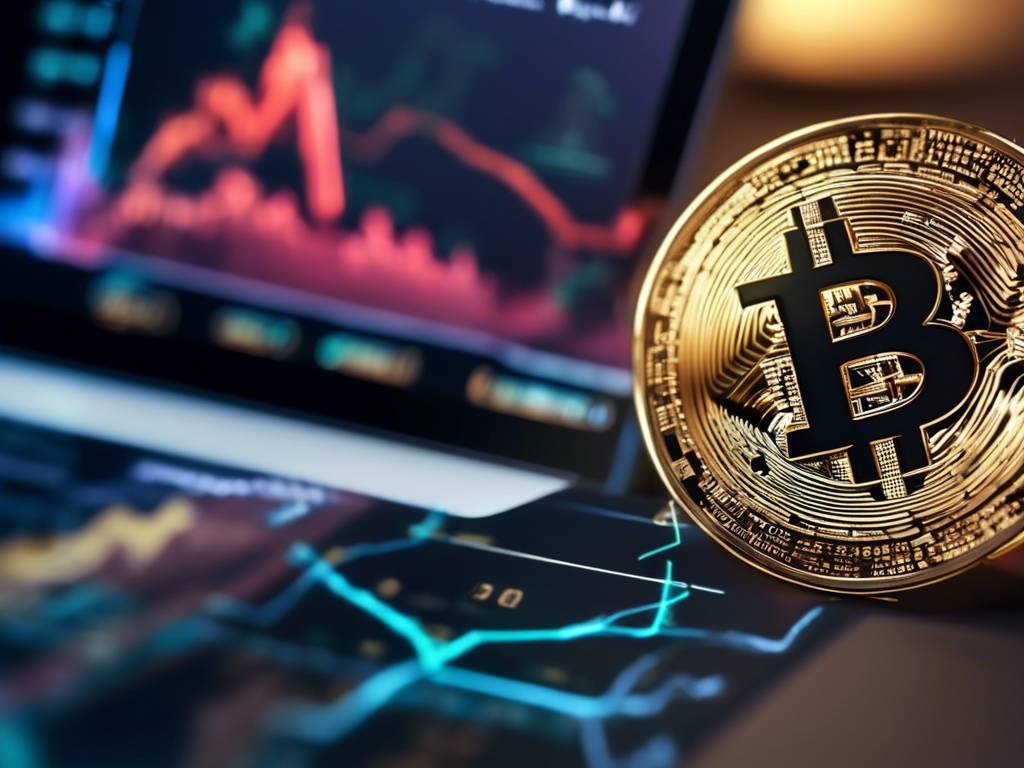Togo Legislative Election Amid Constitutional Reforms: What You Need to Know
As a crypto enthusiast interested in global political developments, it’s essential to stay informed about the latest events shaping the landscape. In Togo, a twice-delayed legislative election has finally commenced amidst tensions surrounding constitutional reforms that could potentially extend the rule of President Faure Gnassingbé. Here are the key points to keep in mind:
The Voting Process and Constitutional Changes
As the voting process begins in Togo, here is a breakdown of the key constitutional changes and updates regarding the election:
– The election has faced two previous delays due to opposition backlash against constitutional reforms.
– Opposition parties argue that the new Charter adopted in March is a political maneuver to extend Gnassingbé’s presidency indefinitely.
– Under the new parliamentary system, the President will be elected by Parliament instead of through universal suffrage.
– Details about this process remain vague, but Parliament will appoint a “President of the Council of Ministers” with significant government management powers.
Revised Presidential Terms and Potential Tenure Extension
Here’s a look at the revised presidential terms and the potential implications for President Gnassingbé’s tenure:
– The amendments approved in Parliament in April shortened presidential terms to four years from five, with a two-term limit.
– However, the new regulations do not account for time already served in office, potentially allowing Gnassingbé to stay in power until 2033 if reelected.
– The current opposition-controlled Parliament is under the influence of Gnassingbé’s ruling party, raising concerns about the electoral process’s fairness and transparency.
Opposition Participation and Public Sentiment
Despite past boycotts, the opposition is participating in this election. Here’s a glimpse of the current sentiment on the ground in Togo:
– Opposition leader Jean-Pierre Fabre expressed surprise at the reduced turnout in polling centers.
– While some voters remain hopeful for change, there is a sense of skepticism and concern about the electoral process.
– Togo has a history of resistance against the Gnassingbé family’s prolonged rule, dating back to Gnassingbé’s father’s presidency since 1967.
– The 2020 elections were marred by disputes and allegations of police crackdowns on political protests, reminiscent of past regimes.
Expected Results and Post-Election Outlook
With over 4 million registered voters casting their ballots for 113 lawmakers, the provisional results are anticipated to be announced shortly. Here’s what to look out for post-election:
– The outcome of the legislative election will shape Togo’s political landscape and determine the future trajectory of governance in the country.
– Public response to the election results and potential protests may indicate the level of confidence in the electoral process and the governing party’s legitimacy.
Hot Take: Stay Informed and Engaged
As a crypto enthusiast interested in global politics and governance, it’s crucial to stay informed and engaged with developments like the Togo legislative election. By understanding the nuances of constitutional reforms and electoral processes, you can better appreciate the impact of political decisions on society and governance. Keep a close eye on emerging updates and analysis to deepen your understanding of the evolving political landscape in Togo and beyond.





 By
By
 By
By
 By
By

